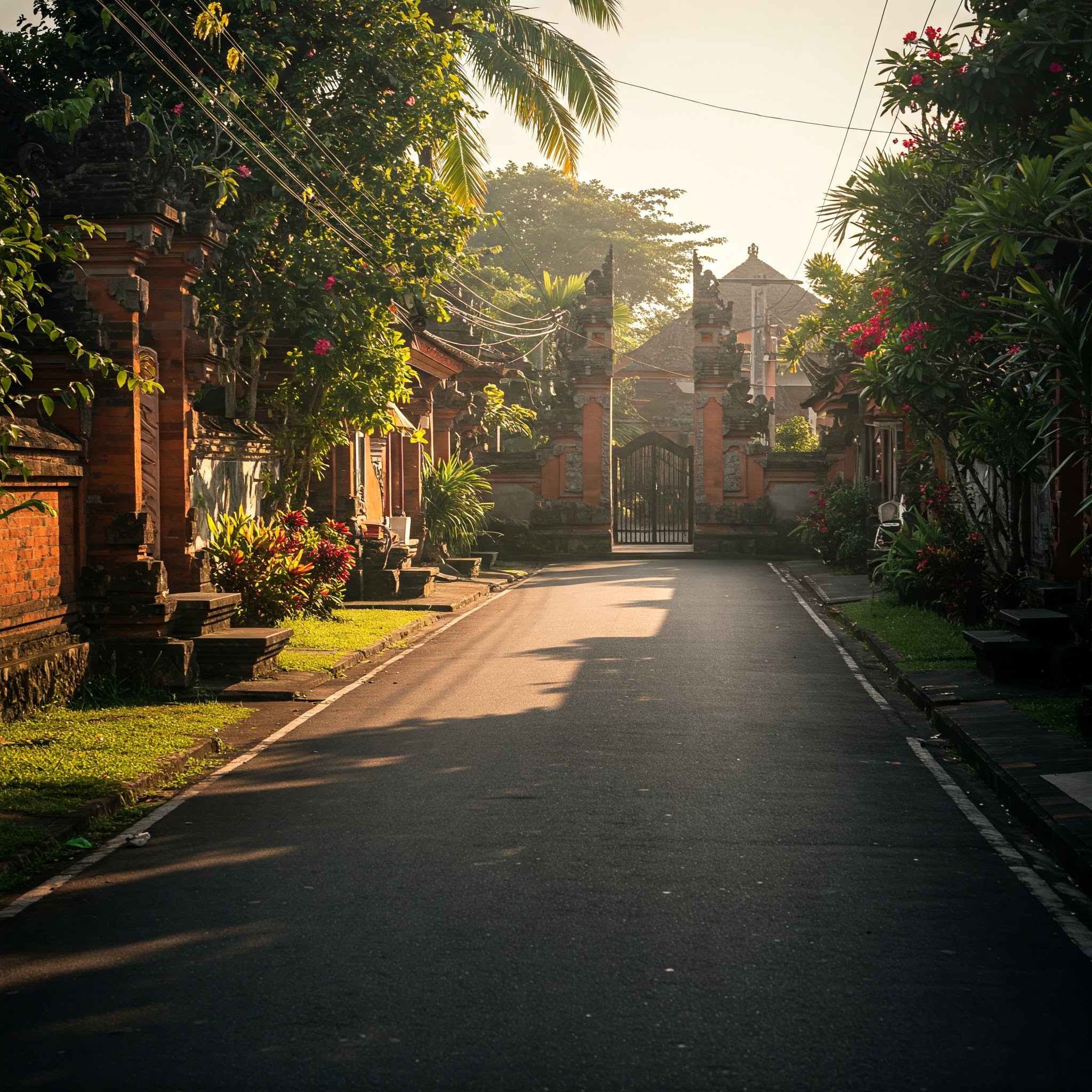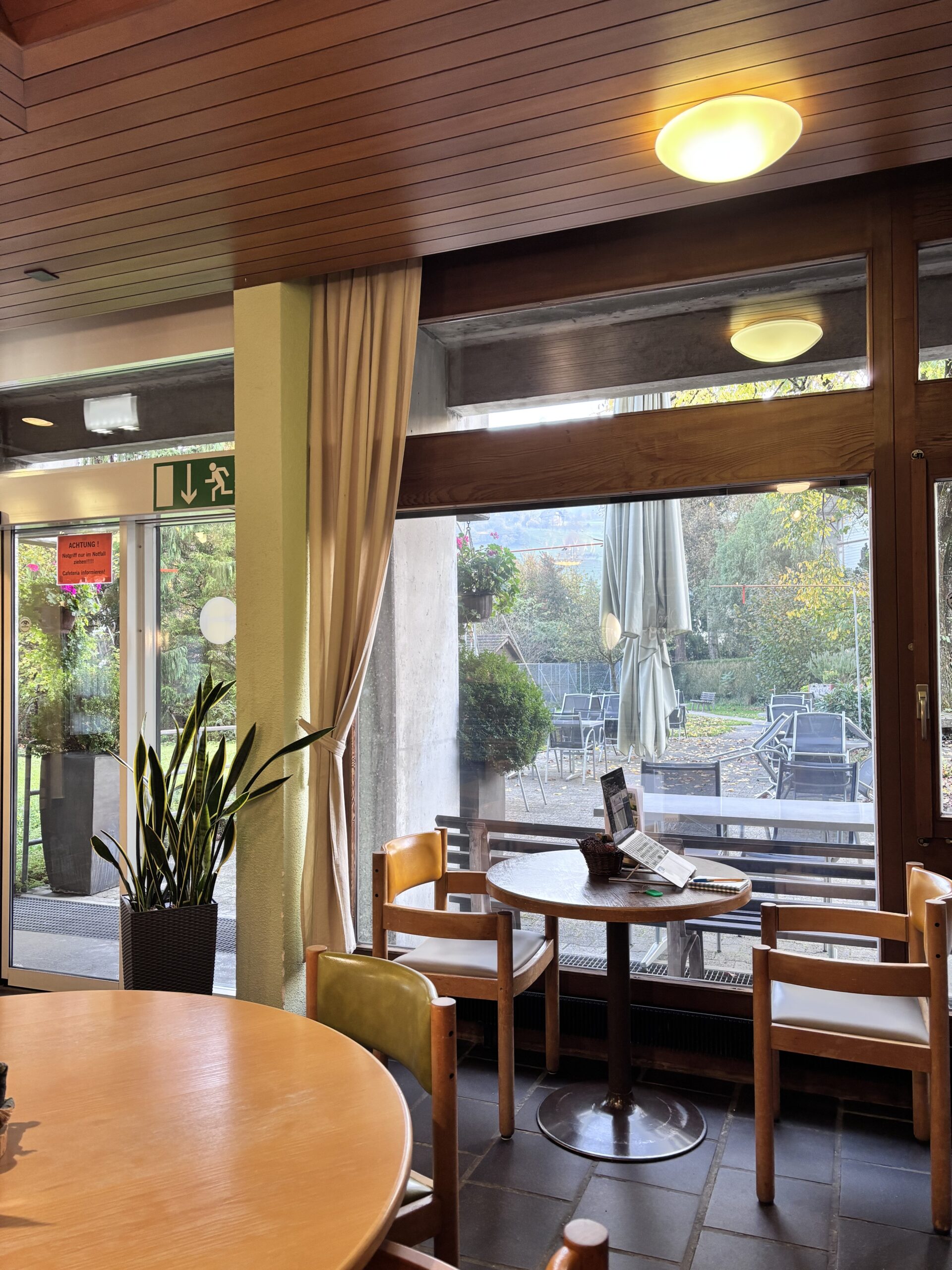When you are planning a trip to Bali, you must check if Nyepi falls within your intended dates. If it does and you don’t take it into account, your immaculately-made plans will go for a toss.
Nyepi, the “Day of Silence,” is New Year’s Day in Bali, the Indonesian island known for its volcanoes, temples, beaches, rice plantations and coral reefs.
Nyepi Day is observed following the new moon in March, according to the Balinese Saka calendar. On this day, the entire island becomes completely silent. Businesses close, traffic stops and lights are switched off. Everything comes to a standstill for 24 hours and no one steps out.
Nyepi is a spiritual and cultural celebration of the Balinese Hindus (and even for non-Hindus) to rejuvenate and purify their minds, bodies and souls through fasting and meditation.
History
Nyepi Day has its roots in Hindu mythology and ancient Balinese traditions. It is held every Isakawarsa according to the Balinese calendar, and can be traced as far back as 78 AD.
According to legend, God created the universe on this day and it is believed that the day of silence helps trick evil spirits into thinking that Bali is uninhabited, causing them to leave the island alone for another year. Over time, it has evolved into a day of introspection and spiritual growth for residents.
Date
Nyepi falls on a different day every year based on the Saka calendar.
In 2025, Nyepi officially falls on Saturday, March 29, after the new moon. Taking place for 24 hours, the observance starts at 6 am and will continue until 6 am on Sunday, March 30.
What Happens
“Nothing” happens on the Nyepi Day! Unlike typical New Year’s Eve parties with fireworks and loud music everywhere else in the world, Bali’s New Year is quite the opposite.
There are four customs observed by Balinese people, as well as visitors, on Nyepi for 24 hours.
Amati Geni: No fire, light, or electricity
Amati Karya: No working or business
Amati Lelunganan: No travel
Amati Lelanguan: No noise or entertainment
Various rituals start even before the actual day. The Melasti ceremony, Pengrupukan (or Tawur Kesanga), and Bhuta Yajna take place two days ahead of Nyepi.
During Melasti, the local people purify their divine symbols with holy water. They wear traditional attire and move in processions towards the sea and offer prayers. This ritual is believed to cleanse both the human body and the earth from negative spirits.
The day before Nyepi, the Mecaru ceremony is held where rice is spread around homes accompanied by Kentongan drum beats. Kentogan is a local drum made from bamboo. This symbolizes removal of Bhuta Kala (negative energy) from the household.
The evening before Nyepi, Bali comes alive with the most famous and popular celebration of all, the Ogoh-Ogoh parade. Giant paper-pulp monsters are paraded through the streets to celebrate the victory of good over evil. Accompanied by traditional music and dance, this is a vibrant and noisy celebration — a stark contrast to the quiet and peace that follows. The parades, also known as “ngerupuk” or “pengerupukan,” are held all over Bali, but a few popular spots include Paputan Square in Denpasar, Ubud Palace in Ubud, and Batu Bolong in Canggu.
The day after Nyepi is called Ngembak Geni, which means “relighting the fire.” The rules and silence restrictions are lifted and it is time for the people to welcome the new year. It is observed as a day of forgiveness and reconciliation when people reunite with friends and families and perform religious rituals together to celebrate the end of the Day of Silence with joy and festivities.
Nyepi for Travelers
Nyepi is an excellent opportunity for visitors to experience Bali’s rich culture and traditions. But if you are planning to visit Bali during this time, be prepared to follow the same restrictions as locals.
Here are a few things to keep in mind
· Transport – Roads remain empty and all transportation services are halted, including taxis and ride-share options, except for emergency vehicles. Airports, bus terminals, and harbours also remain closed for 24 hours, so do not plan to arrive in or depart from Bali on Nyepi.
· Accommodation – Hotels and resorts remain open but their services might be limited. Guidelines vary among properties, but guests are informed about the restrictions well ahead. Some places also offer special Nyepi meals or in-house activities to keep guests entertained.
· Tourist Attractions – All tourist spots, temples, beaches, restaurants, and shopping centres will be closed.
No one, including tourists, are allowed outside, even for a short walk. Visitors are required to stay within their hotels. Secondly, you should keep your noise levels down and use minimum lighting. No entertainment or recreation activities are permitted.
You may also face difficulty in accessing the internet during Nyepi since telecom towers are intentionally shut down. But some accommodations may have limited connectivity options for guests. So, it is better to check with your hotel directly.
Now, although these restrictions may seem quite intimidating, there are some unique ways visitors can enjoy and experience this special time in Bali.
Many hotels and resorts offer special packages during Nyepi. This includes traditional Balinese activities such as yoga, meditation and various wellness programs. You can also enjoy special Nyepi meals. Sometimes they organize events like cooking classes, movie marathons, or cultural workshops to keep guests engaged.
“Our resort had amazing gardens and pool area so we made the most of them. Dinner at night was all kept heated with candles etc because no electricity could be used. Then we watched a movie back in the room but we couldn’t have outside lights on. It was actually a perfect start to a holiday because we had no choice but to relax,” Christian, who spent Nyepi Day in Bali last year, shared on Reddit.
Another popular activity you can indulge in is stargazing. With minimal light pollution, the Nyepi night sky is your perfect chance to lay back and gaze at the stars.
You can also use this opportunity for a digital detox. Disconnect yourself from gadgets and spend your time reading, practicing yoga or just take a long rest to recharge your batteries.
Since you can’t go outside, take time to explore your stay’s gardens, pools, gym, or spa.
In the days before Nyepi, you can take part in the Melasti procession and Ogoh-Ogoh parade with the locals. But remember to ask permission before taking photos and be sure to honour the sacredness of the rituals.
Useful Tips
-Book your stays and flights well in advance, as prices are usually high during Nyepi. Also, try to reach Bali at least a day ahead as no transportation is available for 24 hours.
-Check with your hotel about their Nyepi Day policies at the time of booking, about meal options and other amenities.
-While hotels usually provide meals, it is better to stock up some food and drinks in your room, especially if you have specific dietary needs or preferences.
-Keep in touch with your hotel staff or local authorities to stay informed about latest updates and specific instructions regarding Nyepi.
-Always remember to respect the local culture and customs by following the Nyepi guidelines. Avoid making noise, use minimal lighting, and refrain from stepping outside unless absolutely necessary.
Spending Nyepi Day in Bali may require a few unusual tweaks to your travel plans, but it promises a unique and memorable chance to slow down, reflect, and experience the rich cultural heritage of this amazing island and its people.
[AI Image generated by Gemini]




